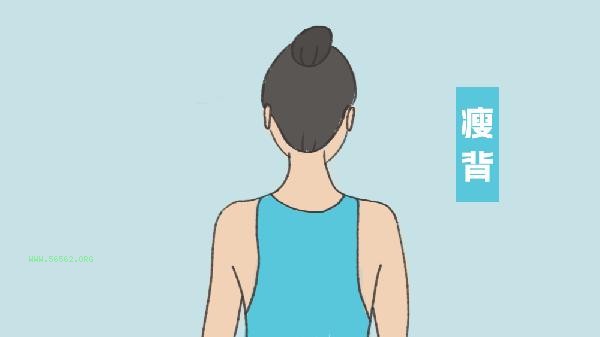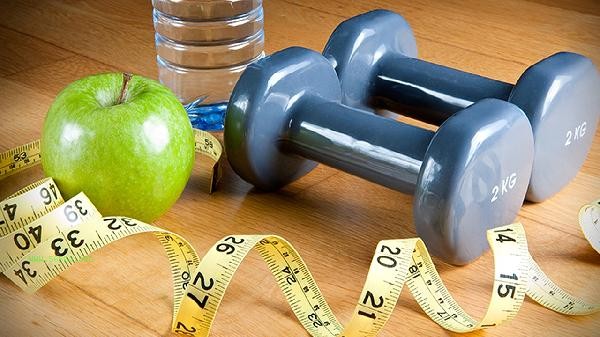Eating fruits at night during weight loss may affect the weight loss effect, mainly due to blood sugar fluctuations, calorie accumulation, digestive burden, metabolic rhythm interference, and decreased nutrient absorption efficiency.
1. Blood sugar fluctuations:

Fructose and glucose in fruits can rapidly increase blood sugar levels. When nighttime activity decreases, insulin sensitivity decreases, which can easily lead to sudden increases and decreases in blood sugar. This fluctuation may stimulate the activity of fat synthesis enzymes, promote fat accumulation, and have a more significant impact on insulin resistant populations.
2. Heat accumulation:
Some high sugar fruits such as lychee and durian have calories close to the staple food. The metabolic rate at night is reduced by more than 30% compared to the day, and excess calories are more easily converted into fat storage. The calorie content of a 300 gram mango is approximately equal to half a bowl of rice, and during the calorie window control phase, it may exceed the daily budget.
3. Digestive burden:

The dietary fiber and fruit acids in fruits may delay gastric emptying, and consuming them before bedtime can cause discomfort such as acid reflux and bloating. The acidic components of citrus fruits may stimulate the gastric mucosa, affecting sleep quality, and insufficient sleep can reduce leptin secretion, indirectly hindering fat breakdown.
4. Metabolic interference:
The level of cortisol in the human body naturally decreases at night, and at this time, the intake of sugar will activate the stress hormone system, disrupting the circadian rhythm of metabolism. The liver mainly carries out detoxification and fat metabolism at night, and excessive intake of fructose will force the liver to prioritize sugar metabolism.
5. Absorption efficiency:
The absorption and utilization rate of vitamins and minerals by the human body at night decreases by 40% -60% compared to the day, and some nutrients may be excreted with urine. The bioavailability of antioxidant substances such as anthocyanins and carotenoids in fruits is significantly reduced in dark environments.

It is recommended to schedule daily fruit intake before and after breakfast or exercise, choose low glycemic index varieties such as blueberries and strawberries, and control the single intake within 200 grams. If you need an extra meal in the evening, you can choose high protein foods such as sugar free yogurt with 10 grams of nuts, which can stabilize blood sugar and promote muscle repair. Long term night shift workers can consult a nutritionist to adjust their fruit intake schedule and find personalized solutions by monitoring changes in body fat. Pay attention to maintaining a total calorie deficit throughout the day and improve basal metabolic rate through resistance training.




Comments (0)
Leave a Comment
No comments yet
Be the first to share your thoughts!